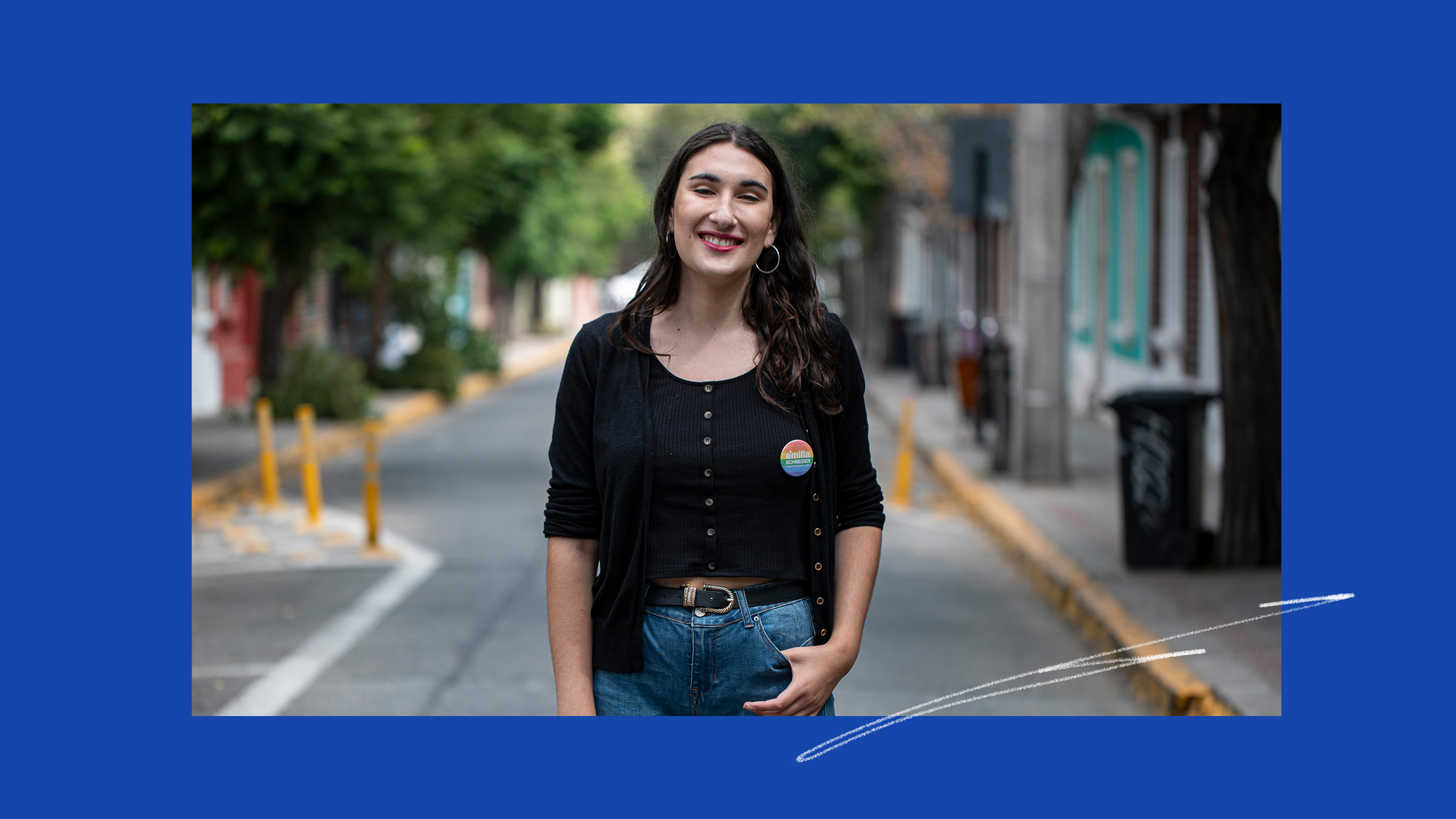Trans candidates around the world have been winning elections and making history this month, proving the “rainbow wave” is not just a North American phenomenon.
This past week, a small town in Bangladesh voted to elect the country’s first trans mayor. Nazrul Islam Ritu won Sunday’s elections for chair of Trilochanpur Union in Kaliganj Upazila, Jhenaidah, by a landslide, winning 9,557 votes—nearly double her opponent’s total.
The 45-year-old said her victory points to a growing acceptance of the Hijra community in Bangladesh: the country first granted government recognition of trans people as a “third gender” in 2014 and allowed the gender designation to be listed on voter registration in 2019.
“The glass ceiling is breaking. It is a good sign,” Ritu said in comments reported by Reuters. “The victory means they really love me and they have embraced me as their own. I will dedicate my life to public service.”
While Ritu is the first trans person to be elected mayor in the South Asian country, she is one of several trans people to recently win elected office. In 2019, Pinki Khatun became the country’s first trans councillor when she was elected vice chair of the town council in Kotchandpur, Jhenaidah. And earlier this month, Shahida Begum won a council seat on the Maguraghona Union Parishad-6 in the Khulna district.
On the other side of the world, Chile elected its first trans official to the national legislature on Nov. 21, just as the country heads into an election cycle that could put LGBTQ+ rights at risk. Activist Emilia Schneider Videla, who won by more than 26,000 votes, will represent District 10 of Santiago when she is sworn in next March.
While the 25-year-old celebrated her historic victory, Schneider also expressed worry over the current climate around LGBTQ+ and women’s rights in the country in the lead-up to the Dec. 19 presidential runoff election between far-right populist José Antonio Kast and leftist Gabriel Boric. Kast’s campaign has focused on conservative social values, and he opposes marriage equality and abortion.
“The glass ceiling is breaking. It is a good sign.”
Advocates worry that if elected, Kast could set back recent progress on LGBTQ+ issues in the country. Most recently, Chile’s lower house approved a marriage equality bill, sending it back to the Senate for a final vote. The legislation has been in the works since 2017, when it was first introduced by former president Michelle Bachelet, but it subsequently stalled under her conservative successor, Sebastián Piñera.
“The security, dignity and integrity of the rights of the LGTBI community and women are at stake,” said Schneider, speaking with MercoPress about the upcoming election. “The far-right seeks fear to prevail, but we have to make hope prevail, the same one that led us to vote for a new Constitution [in 2020] and the one that has prevailed in this last decade of mobilizations.“
Trans people have made history in elections in Europe as well, most recently in Sweden. Earlier this month, newly-appointed Prime Minister Magdalena Andersson named Lina Axelsson Kihlblom as schools minister, making Kihlblom the first trans person to be made a government minister in a Nordic country. And in September, two trans women—Nyke Slawik and Tessa Ganserer, both from the Green party—were elected to Germany’s parliament.
As the campaigns begin to gather steam in the lead-up to the 2022 midterm elections in the U.S., LGBTQ2S+ political advocates hope that 2021’s off-year wins for trans candidates will carry into the new year. Among this November’s victors were incumbents including Minneapolis City councilwoman Andrea Jenkins and Virginia state senator Danica Roem, the latter of whom continues to be the longest-serving trans state legislator. The 2021 elections also saw several historic firsts, including the first non-binary person elected to a judicial position in the U.S. (Xander Orenstein in Pittsburgh, Pennsylvania) as well as the first non-binary people to win elected office in Massachusetts and Ohio.
These wins mark the continuation of the “rainbow wave”—the trend of increasing wins by LGBTQ2S+ people at ballot boxes across the U.S., which began in 2018 and has continued in years since.


 Why you can trust Xtra
Why you can trust Xtra


